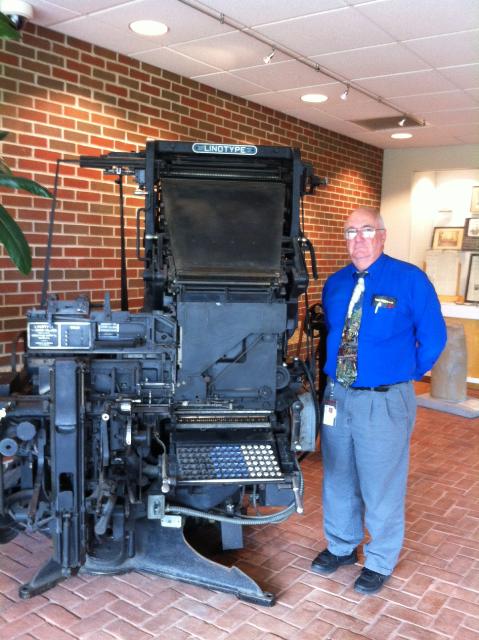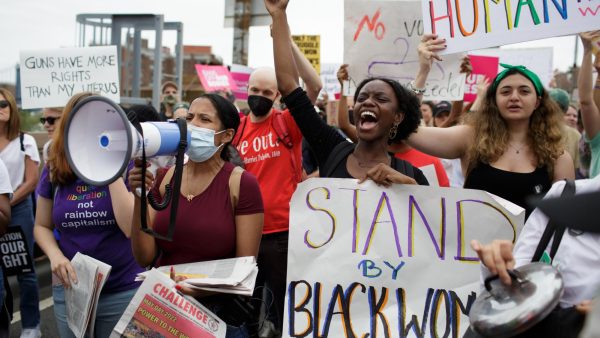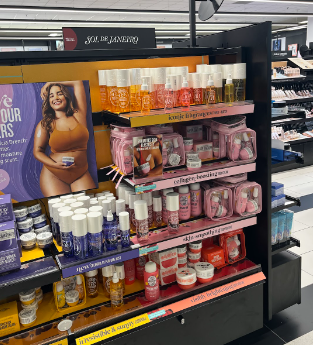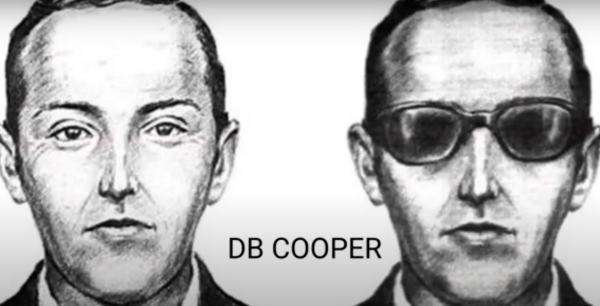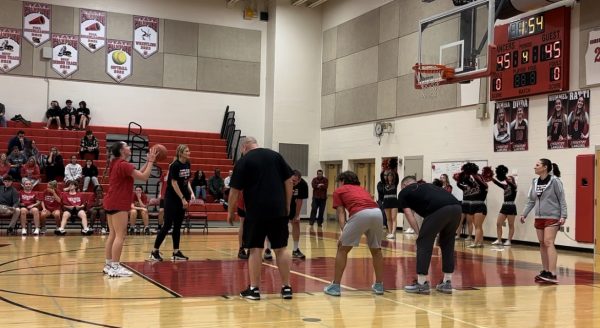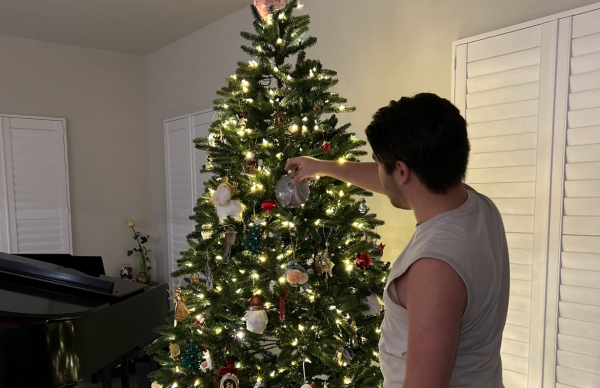“Encyclopedia” Ed Waters ends 50-year career at FNP
Ed Waters stands in front of the Linotype printing press.
May 11, 2015
In June, The Frederick News Post will be without its encyclopedia, Ed Waters, reporter. He has been working for FNP for 50 years.
On Tuesday, April 28, Ed Waters visited Linganore High School’s journalism class. The class learned about his life, Frederick history, and tips about being a successful journalist.
“When Waters spoke about hot metal typesetting it made me realize how easy we have it today,” said journalism student, Jeweliana Hendrickson.
Waters has the reputation of being an encyclopedia because he can remember critical events in Frederick City history. He described the experience of “walking waist-deep in water” in the flooding downtown after Hurricane Agnes in 1972. He can describe plenty more about life in the 70s, 80s, 90s and today, having been a resident and employee of Frederick County for all of his life.
Waters joined The FNP one day after graduation: No ‘senior week’ back then.
Waters attended Frederick High School, graduating in 1965. Seeking a job he placed applications everywhere.
Waters originally had the mindset that he would become a lineman for Potomac Edison because they were seeking trainees. He received a phone call from The Frederick News Post, informing him of a job opening to be a printer, which he took.
One day after high school graduation, Water’s career with FNP started in the printing room, working from 6pm to 2am. He enjoyed English and history but had never thought or had a specific interest of becoming a journalist.
In the 70’s there was no quick and easy way to do layout and design, typing and printing. Waters began printing by using a method called hot metal typesetting. This method injects molten type metal into a mold, which has the shape of one or more glyphs (symbols). In result, the slugs (piece of lead) are used to press ink onto paper.
Waters worked for 13 months at FNP and then received his draft notice. His decision was to join the Marines. Waters was a desk clerk in the Marines for two years before his return to FNP.
Upon his return to FNP, Waters was a photographer in his free time, until FNP’s photographer was overloaded with projects and needed help. Since Waters already had a background of how to operate camera and enjoyed it, he accepted the job.
Along with the request of becoming a photographer, he received the opportunity to write feature stories because he often traveled. No computers then, he would phone in and dictate stories over the phone.
Waters attends Hood College on the GI Bill
While managing his work, he began attending Hood College, just a few streets from the downtown FNP building. It took Waters eight years to complete a four-year degree because he continued to work full-time. Eventually, he graduated in ‘73 as an English major.
Even though Waters had already been working for FNP, he completed a Hood College internship at the newspaper. Throughout this internship, Waters would come in on Fridays, sometimes even the weekends, and work on the news desk.
By 1976, Waters received a phone call stating, “You’re a reporter.” He explained in an interview at Linganore High School that in the 70’s the hiring process was much easier than it is today. He did not need a resume. The journalism students were surprised to learn that everything was much more casual compared to today’s lengthy application and interview process.
Planning and zoning laws become Waters reporting beat
After receiving the reporter job title, Waters began covering planning and zoning stories. In the county there were no planning and zoning laws, individuals often had the ability to build wherever, whenever. People would come from different counties, counties such as Montgomery County, to buy houses for much cheaper prices.
Waters was present at the beginning of more planning and zoning laws. Unlike what many consider “boring meetings” today, they were full of shouting and argument then.
By ‘78 Waters became an assistant news editor, and shortly a year later in ‘79, a business editor.
Waters gives tips for future journalists
Waters explained to the journalism class that when writing a story, he does his research and then writes the story in less than an hour. Eyes grew wide as the students considered their own two-week timeline.
Aside from having a short period of time to write, Waters would generally be working on three to four stories at a time.
“I thought it was hard to write a story in two weeks: I can’t imagine writing one in a few minutes,” said journalism student, Chloe Cline.
“Keep good, professional relationships with everyone, it will make your career much easier,” said Waters, giving advice to the aspiring journalism students.
In retirement, Waters is considering many options to fulfill his time. He plans to use his encyclopedic knowledge to volunteer locally at places such as the Monocacy Battlefield.


